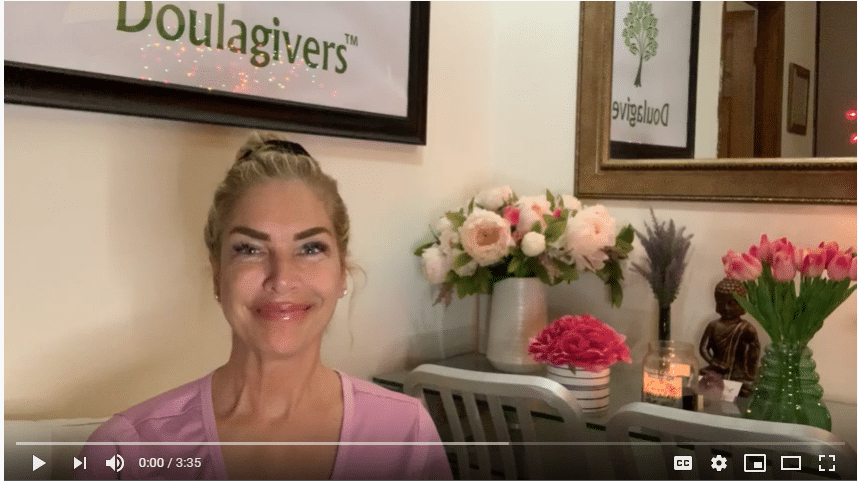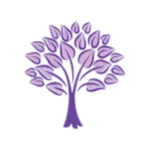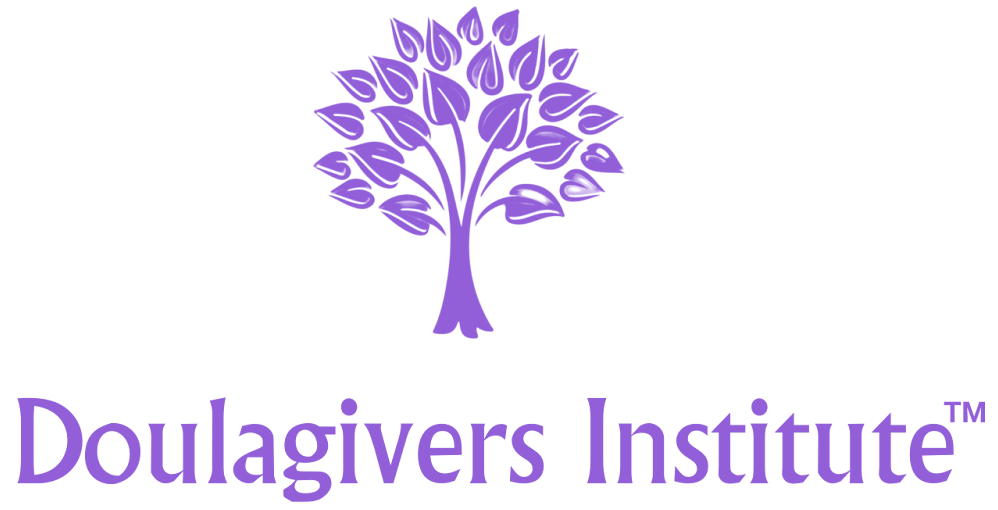Suzanne B. O’Brien here,
Did you know that more Americans than ever in recent history (since the turn of the 20th century) want to die at home? This is rather than in medical institutions such as hospitals and residential institutions such as nursing homes?
Most patients and families don’t realize that most of the physical work (changing patients, using the bathroom, administering medications, etc.) will be their responsibility. They do not realize this will not be taken care of by a nurse, doctor or representative of the hospice they are using. Compounding how exhausting and emotionally distressing this situation can be is the lack of training, experience and knowledge family caregivers have prior to being thrust into the position caregiver. This is not a sustainable way for Americans to die. As we head into an unprecedented demographic shift where seniors will outnumber that of young people for the first time in the nation’s history. Palliative care services will need to be expanded and innovative solutions will need to be implemented. One of those innovative solutions will be non-medical healthcare professionals such as the Doulagivers Certified End of Life Doulas and Doulagivers Specialists.


Enroll in the Doulagivers Live (Online) Spring Semester starting May 5th NOW
We want to note that hospice is an important component to the care of ill patients at home, as they equipment, medications and expertise. However, patients and families believe that they will be receiving significant hands-on care from hospice services and this is not true for the majority of hospice patients. As the elder population begins to eclipse 76 million people, with at least 20% of those people not having children to act as caregivers, we are entering a period where the amount of people who need end of life care will overwhelm our healthcare systems.
This problem facing our country is not hospice’s fault.
Hospice is a wonderful model of care. Unfortunately, our healthcare reimbursement dictates how much time medical providers spend with patients and families. This includes the end of our lives and that is not only tragic, but unacceptable. This is a multi-faceted problem requiring a multi-faceted solution.
1) We all need to choose our own wishes for aging and end of life before it becomes imminent.
Using tools such as Advance Directives to plan ahead for what kind of treatment you would like to receive and where you would like to be at end of life can make a significant difference in having a smooth and effective experience at this very tender place in our life’s journey. The families of people who have done all their end-of-life planning say that they have a 90% better experience than those who did not. This is a fundamental component to having a good death and perhaps the most overlooked component by most Americans. Only having a will in place is not enough and does not secure your wishes for care. Doulagivers Specialists are trained as Care Consultants to offer services in their communities so that patients and families can be walked through all the pertinent aspects of ensuring their end of life experience can be as positive as possible.
2) We need to teach doctors that death is a natural part of the life experience and that some of the most important care they can ever give to a patient and family is that at the end of life. Right now, we teach Doctors only how to keep people alive.
That if their patients die, they failed. There comes a natural time in our lives where curative treatments do not work. It is always a person’s right to choose what treatment they would like, but there must be honest conversations with people about the effectiveness of treatments available to them and the impact it will have on their quality of life versus the amount of life prolonged. All too often, someone who should be arranging their affairs and end of life treatment plans deplete their financial resources and lose significant quality of life trying to treat something that cannot be cured and then find themselves being referred to hospice and palliative care doctors far too late in their end of life process. This alone can cause a very difficult and negative end of life experience for all involved. A doctor’s guidance for patients and families at the end of life can make all the difference in the world.
3) We need Doulagivers: non-medical professionals trained to care for someone holistically (physically, emotionally and spiritually) at the end of life.
It is a new, non-medical profession that recognizes death as a natural, accepted, and honored part of life. Non-medical professionals are able to “fill in the gaps of time” that hospice is not in the home and prevent burnout and caregiver syndrome for the family caregivers taking on the brunt of care. Doulagivers act as an adjunct to hospice care and the mainstream medical system to offer a more complete and comprehensive care plan for end of life patients, as well as offering the emotional and grief support to families, helping them to “re-enter” life after loss. As independent practitioners, Doulagivers are not beholden to time restrictions and can work with patients and families on a sliding-scale to accommodate the needs of their clients and ensure that no one is left behind. It is a beautiful addition to the world of palliative care and a significant piece to solving the puzzle of the eldercare crisis in America.
Mainstream Medical is not enough to meet the demand and the needs required by the end of life population in America, and this will only become more of an issue as the elder population in America swells to historical highs and more people want to stay at home in their final days. We must start implementing a new approach to how we die in America in order to facilitate good deaths and prevent family caregivers from sacrificing their own health while caring for their loved ones.
Could you be the first Doulagivers Certified End of Life Doula or Doulagivers Specialist in your community? If so, we would love to have you join us for the Doulagivers Live (Online) Semester for Spring 2020 starting May 5th at 7pm ET!

*The curriculum in both programs has been updated to include the Tele-Doula business component for times like these when infectious disease concerns are heightened, as well as caring for those suffering from the COVID-19 disease process. A new payment plan has also been implemented that we hope will help those of our students most impacted by the economic strain of the current pandemic*

P.S. The next FREE Doulagivers 90 Minute Level 1 End of Life Doula Live Webinar Training will be Thursday, April 30th at 7pm ET!
This will be the LAST opportunity to take the free webinar before the Live Semester begins on May 5th!







